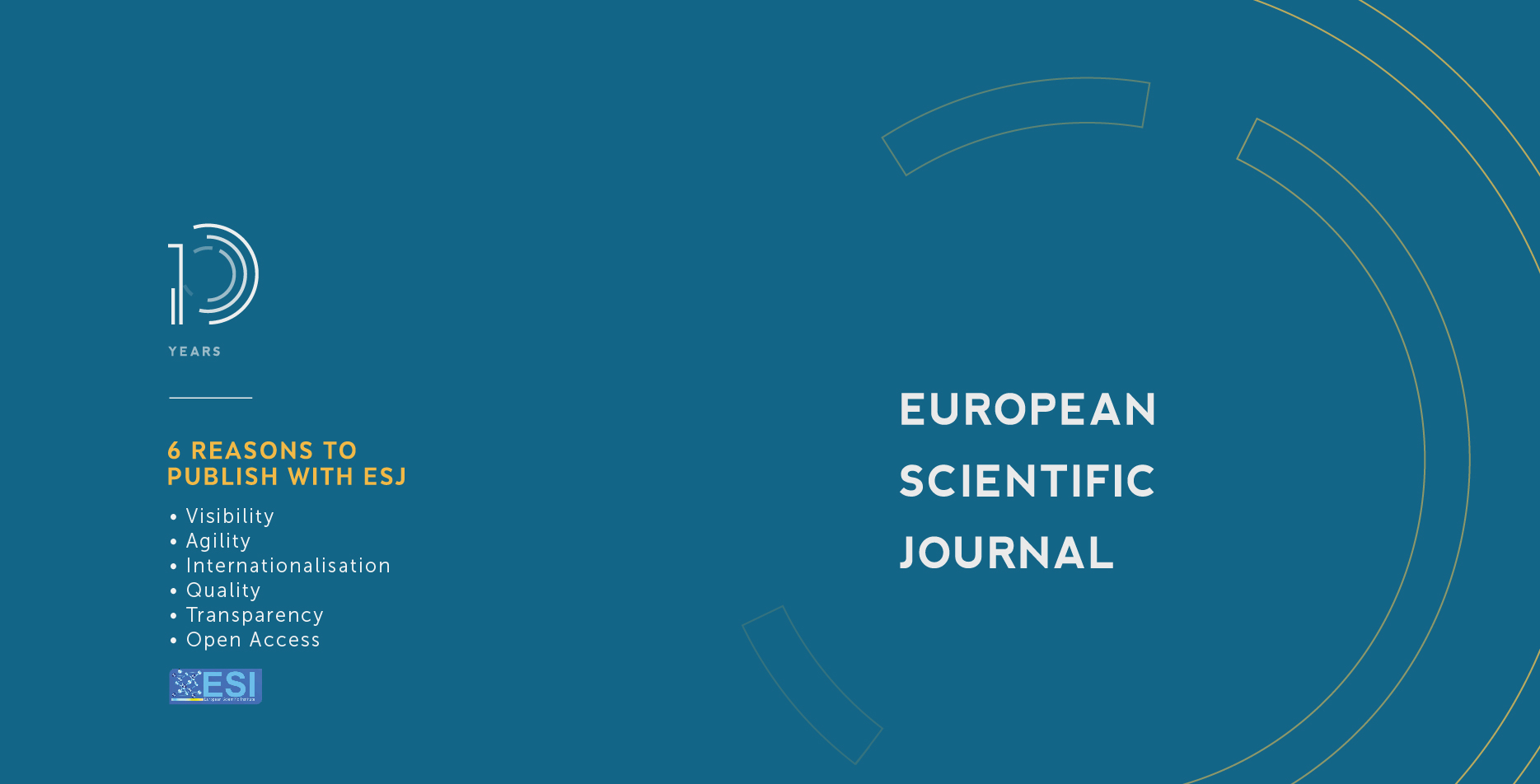L’Immortel de Borges ou le refus de l’éternité
Abstract
La nouvelle « L’Immortel » de Borges, particulièrement à travers l’aventure du tribun romain Marcus Flaminius Rufus, illustre le conflit de l’esprit humain devant l’idée de l’immortalité. Tourmenté par le spectacle de la mort, il rêve de l’annuler. Pourtant, après avoir obtenu l’objet de sa quête en buvant du fleuve de l’éternité, la vue de la Cité surhumaine, inhabitée, labyrinthique et chaotique le choque et le fait changer d’opinion. En fréquentant les Troglodytes, créatures immortelles, ombres déformées et rabaissées des hommes, Marcus constate l’inanité de son ambition. Borges présente l’immortalité comme un état qui prive l’être humain de trois dimensions fondamentales : vitalité, identité et dignité. La première dimension est engendrée par le principe de la sensation en interférence avec la nature. La deuxième est l’identité individuelle basée sur la réflexion, la sensibilité et la mémoire. Enfin, la dignité humaine est fondée sur la conscience rattachée aux trois temps : passé, présent et futur. Effectivement, le héros, atteignant son but, et contre toute attente, rebrousse chemin afin de reconquérir la mortalité comme principe de finitude bienfaisante qui est à l’origine du goût inestimable de la vie. La présente recherche tentera de retracer le cheminement intellectuel de Marcus entre deux gorgées d’eau : l’une brouillée et sale aboutissant à l’immortalité destructrice et l’autre claire et salvatrice qui ramène à la mortalité. Cette dernière semble valoriser le destin de l’homme en conférant au temps son aspect singulier, précieux et non répétitif.
Borges' short story "The Immortal", particularly through the adventure of the Roman tribune Marcus Flaminius Rufus, illustrates the conflict of the human spirit when facing the idea of immortality. Tormented by the spectacle of death, he dreams of cancelling it. However, after having succeeded in his quest by drinking from the river of eternity, the sight of the superhuman, uninhabited, labyrinthine and chaotic City shocked him and made him change his mind. By frequenting the Troglodytes, immortal creatures, deformed and belittled shadows of men, Marcus realizes the inanity of his ambition. Borges presents immortality as a state that deprives the human being of three fundamental dimensions: vitality, identity and dignity. The first dimension is generated by the principle of sensations in interaction with nature. The second is individual identity based on reflection, sensitivity and memory. Finally, human dignity, based on the inherent consciousness of three periods: past, present and future. Indeed, the hero, reaching his goal, and against all odds, turns back in order to reconquer mortality as a principle of beneficent finitude which is at the origin of the priceless and unique taste of life. This research will attempt to retrace Marcus' intellectual journey between two sips of water: one blurred and foul leading to destructive immortality and the other clear and saving leading to constructive mortality.
Downloads
PlumX Statistics
Copyright (c) 2021 Majida Sayegh

This work is licensed under a Creative Commons Attribution-NonCommercial-NoDerivatives 4.0 International License.








